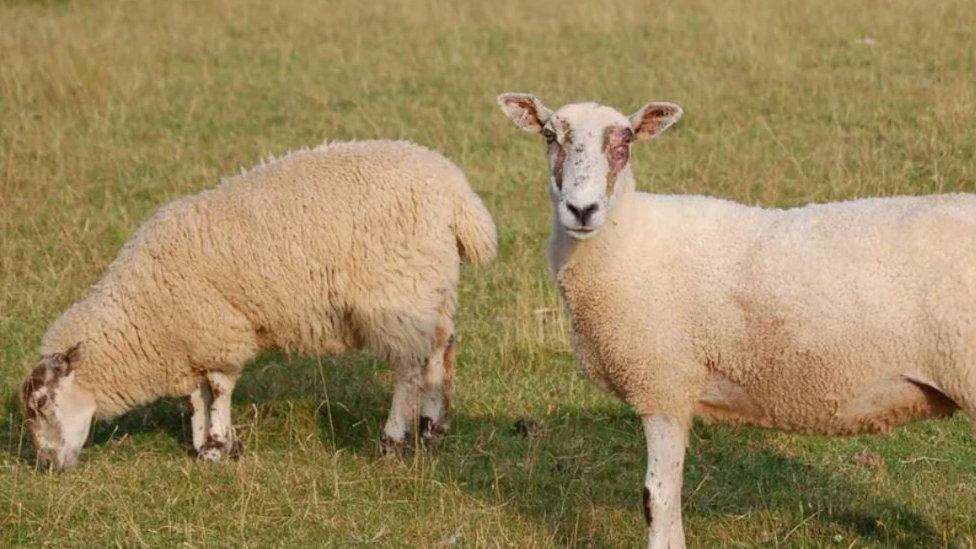Bluetongue restricted zone widened in South East
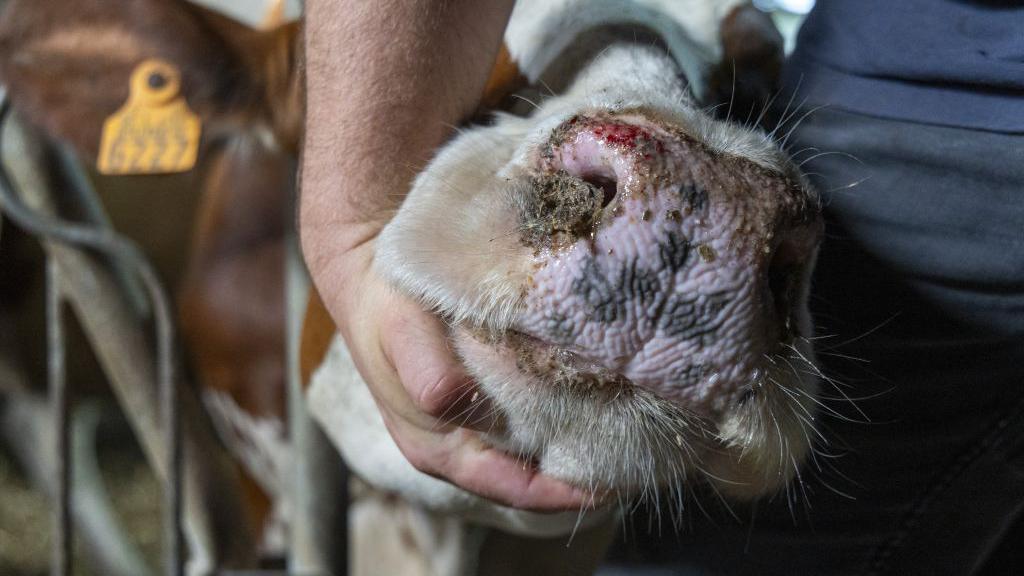
Bluetongue can reduce milk yield, cause sickness and reduce reproduction
- Published
A restricted zone brought in to stem the transmission of bluetongue in Kent has been extended to cover the entire county, and will also cover East Sussex.
It comes as the UK Chief Veterinary Officer Christine Middlemiss set out further measures to tackle the virus, following 70 confirmed cases, external of infection.
Bluetongue – or BTV-3 – can cause infertility and breathing problems in some animals but does not affect people or food safety.
Ms Middlemiss urged farmers within bluetongue control zones to "adhere to restrictions and remain vigilant".
The restrictions mean susceptible animals - which include cattle, sheep, goats and deer - cannot be moved out of the zone without a specific licence.
Keepers in the zones will also need to follow strict rules on animal movements.
Animal and Plant Health Agency chief executive Jenny Stewart said: "Since the first BTV-3 case for this season was detected last month, case numbers have continued to rise, and I want to remind keepers of the importance of monitoring their livestock and taking up free testing where necessary."
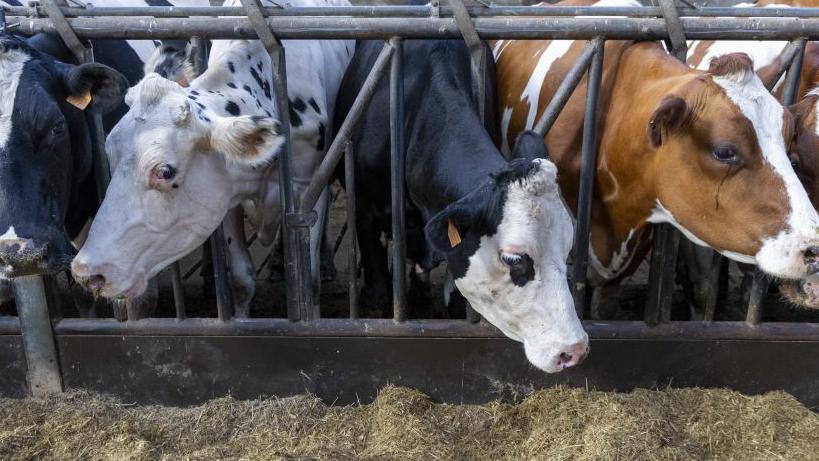
The government has permitted the use of unauthorised bluetongue vaccines due to the rise in cases
The Department for Environment, Food & Rural Affairs (Defra) said a general licence to move animals to designated abattoirs was available, while movements within a zone are permitted.
An extended restricted zone will also replace a temporary control zone in the East Riding of Yorkshire and parts of Lincolnshire.
The areas have been designated as high risk, meaning keepers in the counties that are not covered by the zone will be eligible for free testing.
Earlier this month, the government permitted the use of, external three unauthorised bluetongue serotype 3 (BTV-3) vaccines within the UK.
The virus is spread by midges that are often blown over from mainland Europe during spells of warm weather.
Follow BBC Kent on Facebook, external, on X, external, and on Instagram, external. Send your story ideas to southeasttoday@bbc.co.uk, external or WhatsApp us on 08081 002250.
Related topics
- Published15 August 2024
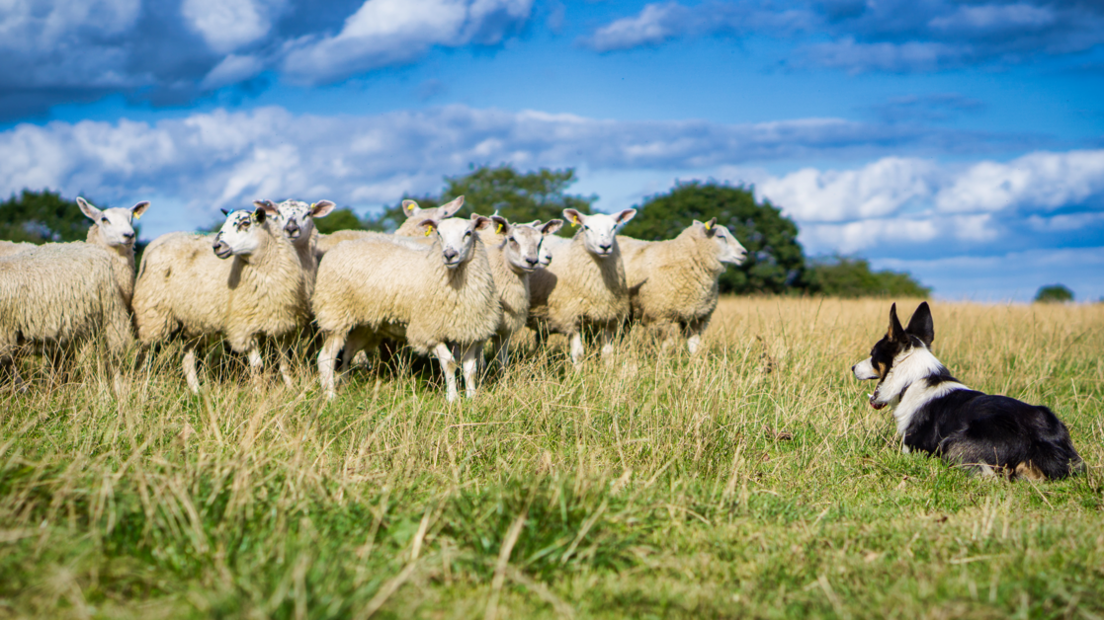
- Published18 September 2024
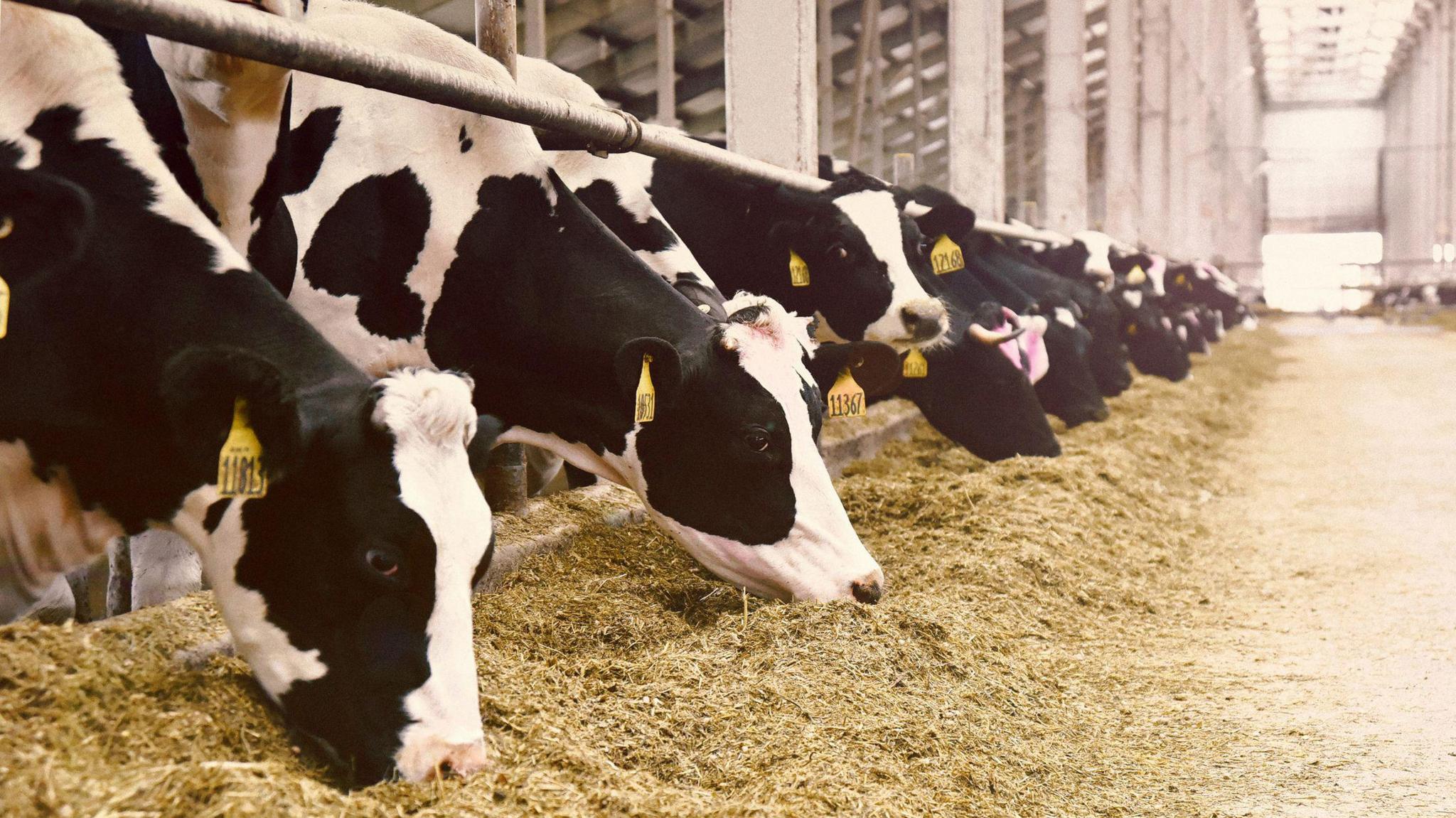
- Published18 January 2024
